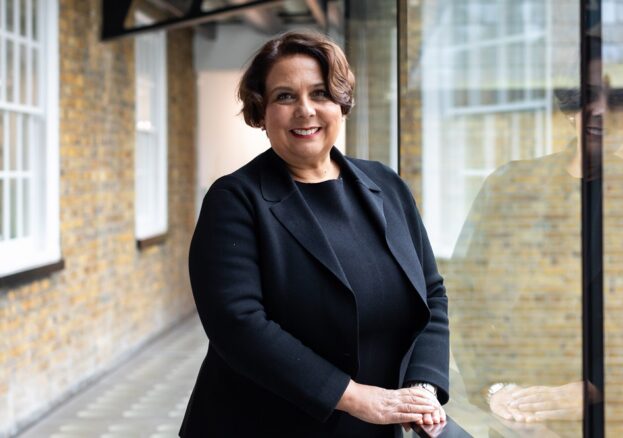
The history of nursing in the UK is an incredible story dating back centuries, rich with nursing staff from around the world, from different classes and cultures, an array of personal experiences and distinct life choices. Every day, I take inspiration from those who walked in these shoes before us.
Icons of the past set the precedent for the future. One of those icons is Mary Seacole, a pioneering nurse who overcame racism and injustice so she could care for British soldiers during the Crimean War.
Born in Jamaica in 1805, Mary learned her nursing skills from her mother, who kept a boarding house for wounded soldiers, and forged a career path for herself as a nurse.
Mary travelled to England in 1854 to ask the War Office to send her to Crimea as an army nurse. Her services were turned down, but not to be deterred, she funded her own expedition to Balaclava, Crimea, where she set up the British Hotel, which provided a place of respite for sick and recovering soldiers. She also visited the battlefield, sometimes under fire, to nurse the injured.
She was known as Mother Seacole to the soldiers she helped and is a nursing icon whose dedication to the care of others continues to inspire our profession today.
This year, we celebrated not just 76 years of the National Health Service (NHS), but also 76 years since the HMT Empire Windrush arrived in England.
On 22 June 1948, the ship arrived in Essex, carrying hundreds of passengers from the Caribbean to help fill post-war workforce shortages. On 5 July, the NHS was launched.
Many Windrush passengers took up roles in the NHS, including as nursing staff. Those first NHS employees faced racism and discrimination. But despite these hardships, they committed to caring for British citizens, forming a crucial part of our health service.
Since then, people from around the world have continued to contribute tirelessly to the NHS, making it a diverse and unique national treasure. The NHS is a national service, but its staff could not be more international. I’m lucky to have worked with nursing staff trained all over the world, educated to a fantastically high standard. Without help from the Windrush generation of nurses, the NHS as we know it couldn’t have survived.
The NHS is now the biggest employer in Europe of people from Black, Asian or minority ethnic backgrounds, making up more than 25% of the NHS workforce and representing more than 200 nationalities. Staff from ethnic minority groups make up more than 32% of nurses and health visitors – 10.7% are Black.
Despite this, many nursing staff, including our internationally educated staff continue to face challenges, including culture changes, abuse and a system that doesn’t allow equal opportunity.
The RCN represents more than half a million nursing staff and I’m proud that we have a hugely diverse membership. Those members are passionate about the diversity within nursing, and at our annual conference last year, they voted to make the RCN an anti-racist organisation. That’s something we’re working towards day by day, by listening to our members who experience racism.
We aspire to be a world-class champion of equity, diversity, inclusion and human rights, providing workplace advice, support and representation for all nursing staff and fighting against any racism and/or discrimination they may face. We have work to do, but equity is our clear ambition, diversity is our underused asset and inclusion is our future.
In 2016, Mary Seacole’s reputation was lionised, with a statue of her standing outside of St Thomas’s Hospital in London – thought to be the UK’s first statue to honour a named Black woman.
In August 2024, the very same statue was vandalised in an abhorrent display of racism-fuelled vandalism. Witnessing a period of racially motivated riots in the UK, and seeing health care workers targeted as part of that, was horrific, and we’re supporting the restoration of the statue. Our international colleagues are welcome, valued and we owe them such immense gratitude.
This month, we celebrate the prodigious Black nursing predecessors, from Mary Seacole and the Windrush nurses, to modern pioneers like former RCN President Cecilia Akrisie Anim. They are a credit to our profession and a powerful reminder of the strength we find in diversity and unity.
